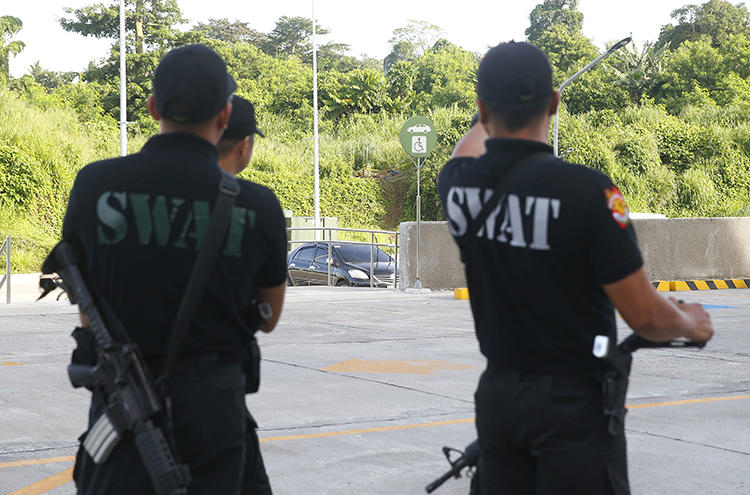Bangkok, July 15, 2019 — Philippine authorities should conduct a prompt and thorough investigation into the killing of radio broadcaster Eduardo Dizon, determine if it was connected to his journalism, and bring the perpetrators swiftly to justice, the Committee to Protect Journalists said today.
On July 10, in Kidapawan City, in the southern Philippines, two unidentified assailants on a motorcycle shot and killed Dizon, a radio news anchor with the privately owned Brigada News FM, according to media reports and a statement posted to Facebook by the Presidential Task Force on Media Security, a state body tasked with investigating media murder cases.
At approximately 10:25 p.m., the assailants shot Dizon five times while he was driving home after hosting his evening news program, killing him instantly, according to those media reports, which stated that police recovered seven spent cartridges at the scene shot from a nine millimeter-caliber gun.
The same reports said a police SWAT team pursued but failed to apprehend the assailants.
“Until the killers of journalists are consistently brought to justice, these types of heinous crimes will continue unabated in the Philippines,” said Shawn Crispin, CPJ’s senior Southeast Asia representative. “Authorities should swiftly identify, arrest, and prosecute the killers of broadcast journalist Eduardo Dizon.”
Mendero Guevarra, chairman of the Presidential Task Force on Media Security, ordered an investigation into Dizon’s killing, according to local news reports. In its statement, the task force said it would consider Dizon’s killing to be work-related until proved otherwise.
CPJ emailed Joel Sy Ecgo, executive director of the task force, for comment but did not immediately receive a response.
The National Union of Journalists of the Philippines, a local group that monitors press freedom violations, said in a statement that Dizon had received death threats by text message a few days before the attack, which he reported to Kidapawan police. The daily Philippine Star reported that Dizon told police the death threats could have been related to his critical reporting and commentary on an alleged investment scam.
Brigada News, the parent company of the broadcaster where Dizon worked, released a statement cited in news reports saying Dizon’s killing was related to his “relentless exposé against unscrupulous individuals and organizations involved in illegal activities.”
Brigada News did not immediately reply to CPJ’s request for comment via email.
Dizon unsuccessfully ran for a local legislative position during elections held countrywide in May, according to news reports.
